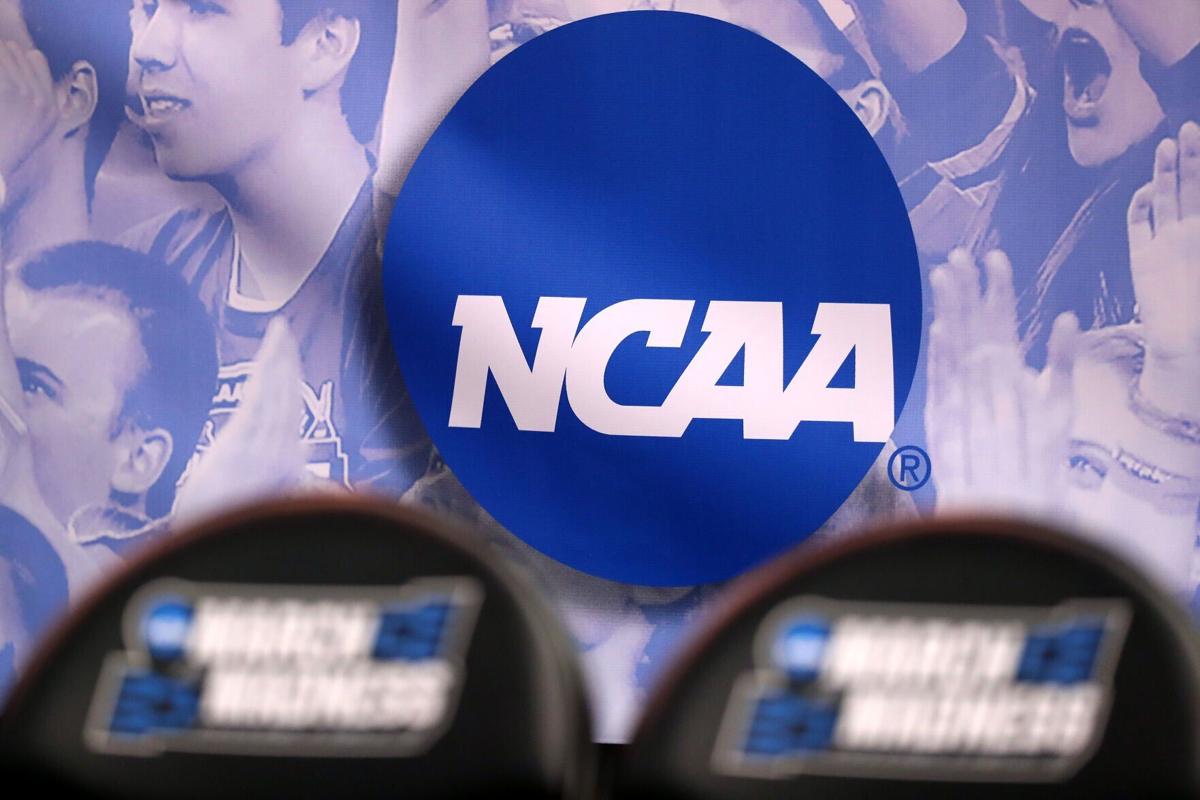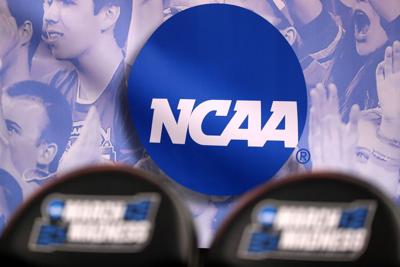PITTSBURGH — Oklahoma State football coach Mike Gundy is often criticized for being a bit too brazen, a bit too outspoken, and at times maybe even a bit too conservative, but he is always very entertaining, and quite often, his one-liners have a lot of truth to them.
But on this subject of the NCAA, NIL and revenue share payrolls, he basically said the quiet part out loud. As a result, he is not being criticized for it by many of his legion of detractors but praised for his honesty.
Gundy was recently asked on a podcast with ON3 Sports about this new world of revenue sharing, NIL and payrolls for college teams, and his answer was something the NCAA and every college President should note.
"You've got to admit the players are employees," Gundy said. "Then you can build collective bargaining. We've all talked about it. But you have to admit they're employees."
People are also reading…
Boom, that makes it as clear as it can possibly be, and Gundy is 100% right on this.
Revenue sharing has begun, and full payrolls have begun, but the NCAA and its members, in true fashion, have no idea how to make it all work.
We have used the phrase "Wild Wild West" to describe this many times since the NIL and transfer portal began, but the revenue-sharing payroll stuff was supposed to settle it all down. This was supposed to be regulated and something that the NCAA could monitor and make sure was going to be implemented with some semblance of rules.
Instead, there is probably less clarity and not more; there will probably be more lawsuits, not less, and an even more inequitable distribution of revenue to athletes, not something that is closing in on parity. There will be some teams with $50-60 million payrolls and others with $15-20 million payrolls, which will never be ideal for anyone.
But it all comes down to what Gundy said, which was a big part of the problem: it is impossible to bargain collectively with anyone if you haven't acknowledged that they are employees. That is one of the biggest issues with all of the NCAA's attempts to put limits and caps and implement rules.
It is really time for the NCAA to go all-in on the idea of student-athletes as employees, allow them to have some sort of governing body responsible for collective bargaining, and work out a system that makes sense. As it is currently, it seems as if there are no rules, and every time the NCAA tries to regulate something regarding payrolls, a legal challenge is triggered.
A great example is NIL and the attempts of the House v. NCAA settlement to put a cap on deals by attacking their integrity based on some arbitrary fair market value. The push is to have all of them reviewed by an oversight committee to determine whether they are legitimate, which is comical because a person's market value is based on whatever someone is willing to pay them.
It would make the NCAA's job a whole lot easier if they brought together a collective group of athletes who have been charged with hammering out some sort of deal that everyone can live with. However, the NCAA is still so delusional that it believes it can rely on some of its friends in Congress to regulate NIL, even though it is clear that the athletes who sue will win in court.
The salary cap for revenue sharing may be a bit easier for the NCAA to regulate, just because it comes from the schools. Since it is a percentage of revenues going to athletes, it does serve as a salary cap, but there is enough wiggle room that the NCAA might survive legal challenges to it.
Still, it makes no sense that some teams are going with a payroll of $17 million and others, say, $4 million. My thoughts from the start were that since it was revenue sharing, make every team have the same piece of the revenue so that the payrolls are closer to the same.
The House v. NCAA settlement is less than two weeks old and already has been challenged on multiple fronts and by multiple people. It will continue to be challenged, mostly because, like almost everything else the NCAA does, it was poorly conceived and reactive, and therefore, it is a mess.
It is probably too late for the NCAA to make the necessary changes on this front, but to me, it will never fully be settled until there is a commitment to the idea that student-athletes are now employees. That would allow collective bargaining and rules and guidelines that would then be able to withstand legal challenges.
The ship has sailed on amateurism and the purity of college athletes, and the only people who seem not to understand that either work for the NCAA or in the administrations of colleges and universities.















